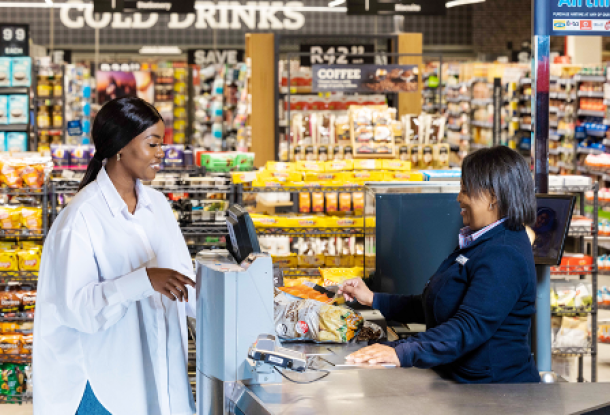Mastercard partners with Spazapp to bring mobile payments to informal traders
Mastercard is collaborating with Durban-based tech company Spazapp, to bring secure, seamless and convenient mobile payments to thousands of informal traders and convenience stores, better known as spaza shops, in South Africa.
By combining their expertise and reach, the companies intend to unlock economic growth by helping informal micro-businesses connect to formal markets and digital payment systems.
Connecting the informal market to the formal economy: Ajay Banga, Mastercard president and CEO (right), discusses the benefits of mobile payments with Paul Maluleke, owner of Kasi Convenience Food and Internet Café in Alexandra, Johannesburg (left). Maluleke, is one of thousands of informal traders who can now use Masterpass, the digital payment service from Mastercard, to pay electronically for stock ordered from the free Spazapp android app, and accept cashless payments from their customers - using their mobile phones.
The informal retail sector boasts an impressive R46 billion in annual sales a year with more than nine million households regularly shopping at these stores. While these shops represent the economic backbone of many local communities, their true potential remains untapped as they do not have the tools necessary to accept electronic payments and run their businesses effectively.
Through this partnership, Mastercard has integrated its digital global payment service Masterpass into Spazapp - a free, money-saving android application that connects a community of informal traders directly to big FMCG brands including Unilever and Tiger Brands. Using Spazapp, traders can order a wide variety of products at competitive prices - which they would be unable to access without the collective bargaining power that the Spazapp platform offers - and use Masterpass to digitally pay for stock and accept cashless payments from their customers with their mobile phones.
“Too many informal micro-retailers are stuck, like their customers, in a cash economy that doesn’t work for them,” says Mark Elliott, division president for Mastercard, Southern Africa. “By matching up Spazapp’s extensive supplier and distribution network with digital payment and acceptance solutions from Mastercard, we are able to help these shop owners build a better future and serve their customers who are themselves demanding safer, and more convenient ways to pay.”
By digitizing the entire value chain, the 4,500 micro-businesses already using Spazapp’s buying app can generate significant savings on stock procurement. Traders no longer need to close their stores to buy stock, miss out on bulk buying savings because of cashflow constraints or have to worry about the security risks and high costs of cash.
“Our goal is to uplift last mile traders and disadvantaged communities by simplifying the buying process for small, informal traders through competitive pricing and collective bargaining power,” says Tim Strang, CEO of Spazapp. “Masterpass has the scale, efficiency and convenience we need to offer merchants a truly accessible, low-risk and affordable way to accept electronic payments from their customers and pay their suppliers.”
For spaza owners, Masterpass provides a more affordable alternative to traditional Point of Sale devices, allowing them to offer a convenient digital payment option to their customers – the majority of whom are banked and are ready to use mobile payments.
How it works
Spaza customers can download Masterpass from the iOS or Android app store, register, and load their credit, debit or cheque cards from any bank into the digital wallet. To pay for their goods, they simply open the Masterpass app on their mobile device, and scan the unique QR code that is generated on the Spazapp retailer’s smartphone. After shoppers enter their bank PIN number or 3DSecure code and CVV/CVC number on their own device, the transaction is complete.
Similarly, spaza shop owners use their Masterpass app to scan a QR code printed on the supplier’s invoice, to pay for their stock on delivery at their store. Payment card information – including card details from Mastercard and other payment networks – is only captured once eliminating the hassle of repeatedly entering these details each time they want to pay their bill.
News Category
- International retailers
- On the move
- Awards and achievements
- Legislation
- Wine and liquor
- Africa
- Going green
- Supplier news
- Research tools
- Retailer trading results
- Supply chain
- Innovation and technology
- Economic factors
- Crime and security
- Store Openings
- Marketing and Promotions
- Social Responsibility
- Brand Press Office
Related Articles
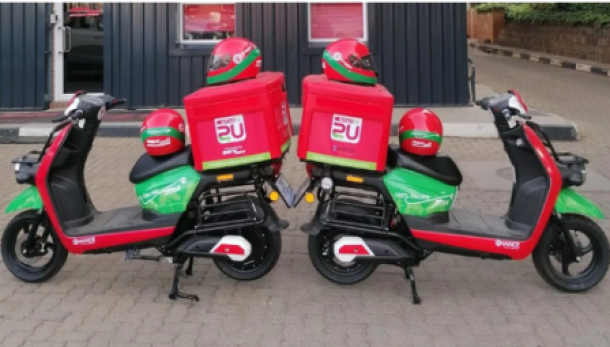
Two local businesses see a gap as food and groc...
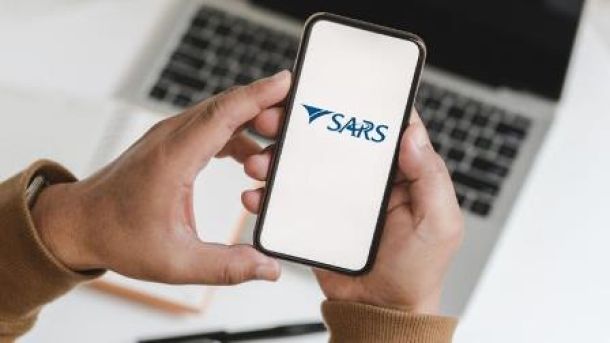
SARS launches WhatsApp channel to help check ta...
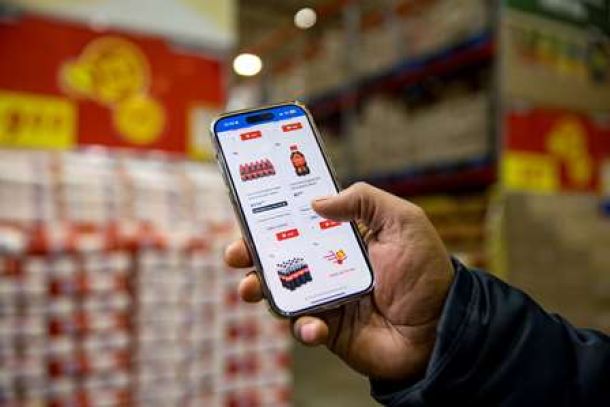
Shoprite launches online shopping and bulk deli...
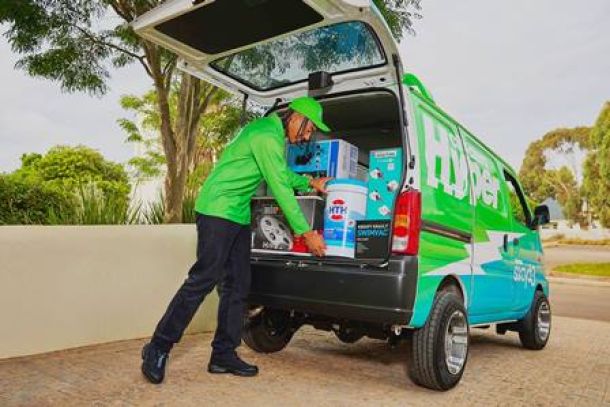
Sixty60 promises lightning-fast delivery of 10 ...
